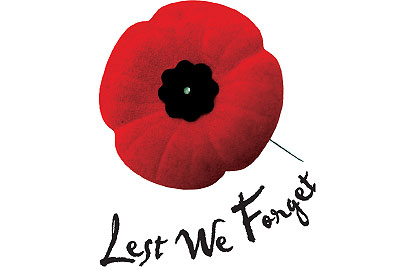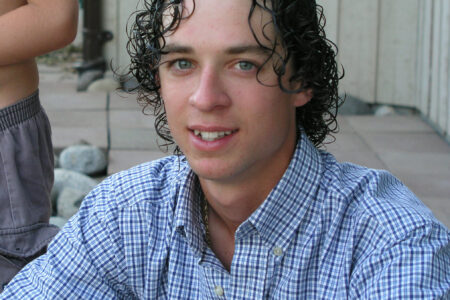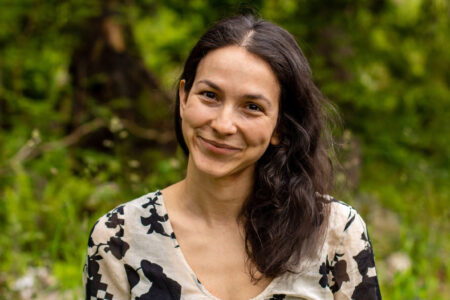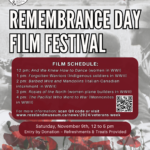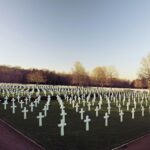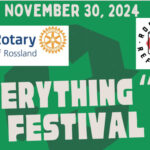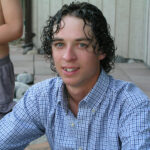COMMENT: Remembrance Day and different versions of respect for those who died
This year I was at the Nelson cenotaph for my tenth consecutive appearance with a placard promoting peace and questioning government war policies; I was physically threatened. I have been doing this for 10 years, since 2005, when our Afghan Mission got bloodier. This was the first time someone tried to grab hold of my sign, and told me he would hurt me if I came across the street.
Interesting to me, there was a much larger visible police presence at the ceremony this year, due to what had happened in Ottawa at the national war memorial. Yet, with all the extra “peace officers” around, it was not a policeman or -woman who led the raging young man away from me. A woman from the crowd did that, while letting me know she did not like what I was doing.
But later, again for the first time ever, a policeman approached me and shook my hand and said, “You are doing this with respect, right?” and I agreed.
Has P.M. Harper changed Canada? Are we more ready to send military force abroad now than before he was Prime Minister? It is what I worry about, but so far there is too little evidence to go on. It is certain that Harper wants Canada to be more militant as a global enforcer of his version of law and order. It is not clear he has convinced Canadians we should act more like the British. Time will tell whether we have, as I fear, turned down the path Harper would like.
My placard this year had two sides. On one side was this message: “Grieve our Dead. [three red poppies]. Honour the Peacemakers.” [one white poppy.]
On the other side was my attempt at a very condensed history lesson: “WW 1 = Crime vs. us, for $ & Power.”
Who is being disrespectful?
I have been asked, “What sort of ceremony would you not protest on November 11?” My reply: one that seems more funereal.
A funeral does not celebrate victory nor have politicians talk about how Canada is free because we went to war and every soldier is a “hero.” A funeral grieves the dead. Only friends and family attend a funeral, not hordes of strangers.
At the cenotaph for no reason I would endorse, there are usually a few hundred people on Remembrance Day; they bring children and dogs, and hug their lovers, greet friends, and chat, and generally do not act like this ceremony is a funeral. They are the people I am there to incite, to make them think, to say to them, “If you believe the messages from the podium about pride in war and victory and defending our freedom by violence, you need to think harder.”
It is their unthinking acceptance of a social convention, it is their conformity without reflection to a norm of Remembrance Day repetitions, that disturbs me. What are they really doing there in their hundreds? What do they really know about how Canada got involved in its wars, and what consequences the wars had for us?
I know for a fact that outside Quebec, a majority of Canadians do not know that in 1918, people in Quebec died at the hands of police and soldiers during public demonstrations against conscription. And the official line on WWI is, it was “the birth-pangs of Canada becoming a Nation alongside others” — and blah blah blah.
Charles Jeanes is a Nelson-based writer.


